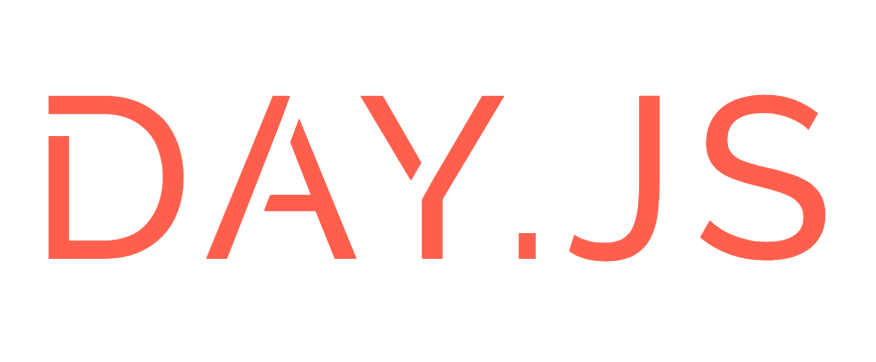Size and Performance
- dayjs:
Day.js is significantly smaller in size (about 2KB minified and gzipped), making it a great choice for performance-sensitive applications. Its lightweight nature means faster load times and lower bandwidth usage, which is crucial for mobile applications and sites with many users.
- moment:
Moment.js is larger (around 16KB minified and gzipped), which can impact performance, especially in applications where bundle size is a concern. While it offers extensive functionality, the trade-off is a larger footprint that may not be suitable for all projects.
API Design
- dayjs:
Day.js has a modern and intuitive API that is designed to be chainable and easy to use. It mimics the Moment.js API, making it easy for developers familiar with Moment.js to transition. Its simplicity allows for quick date manipulations without much overhead.
- moment:
Moment.js provides a rich API with a wide range of features, including parsing, formatting, and manipulating dates. However, its API can be considered more complex due to the extensive options available, which may lead to a steeper learning curve for new users.
Mutability
- dayjs:
Day.js is immutable, meaning that any operations performed on a Day.js object return a new instance rather than modifying the original object. This immutability helps prevent side effects and makes the code easier to reason about, especially in functional programming contexts.
- moment:
Moment.js is mutable, allowing for in-place modifications of date objects. While this can be convenient, it can also lead to unintended side effects if not managed carefully, especially in larger applications where state management is critical.
Localization and Time Zones
- dayjs:
Day.js supports localization through plugins, allowing developers to add only the locales they need, which keeps the bundle size small. However, its time zone support is limited compared to Moment.js, requiring additional plugins for full functionality.
- moment:
Moment.js has built-in support for localization and time zones, making it a robust choice for applications that require extensive internationalization features. Its comprehensive handling of time zones and formats makes it suitable for applications with complex date and time requirements.
Community and Maintenance
- dayjs:
Day.js has a growing community and is actively maintained, with a focus on performance and simplicity. Its modern approach and smaller size have attracted a lot of attention, making it a popular choice for new projects.
- moment:
Moment.js has a large and established community, but it is in maintenance mode, meaning that no new features are being added, and the focus is primarily on fixing bugs. This may be a consideration for long-term projects that require ongoing support and updates.










